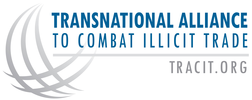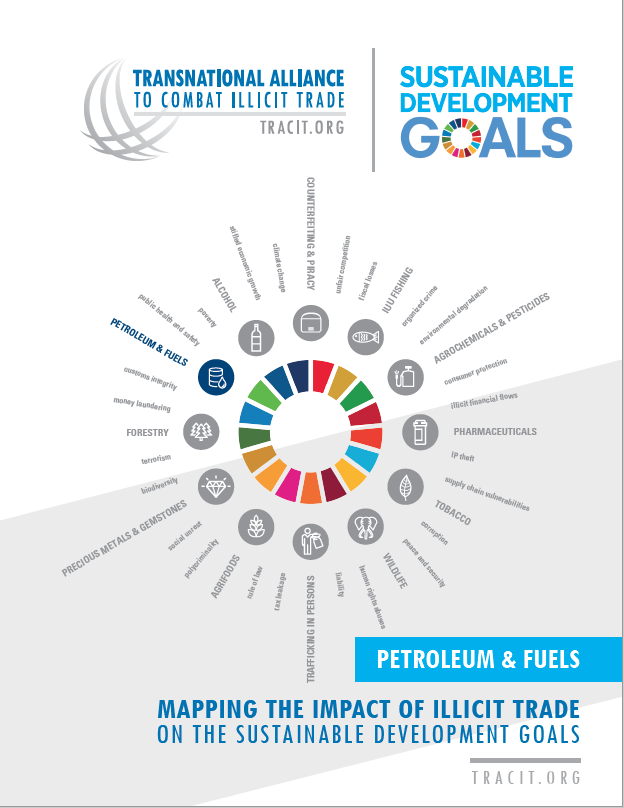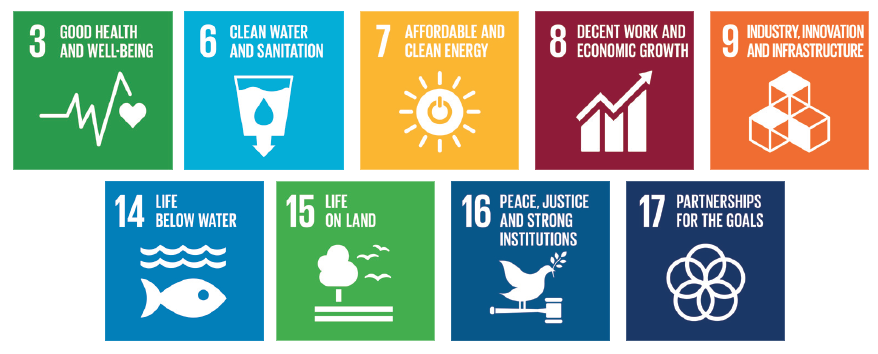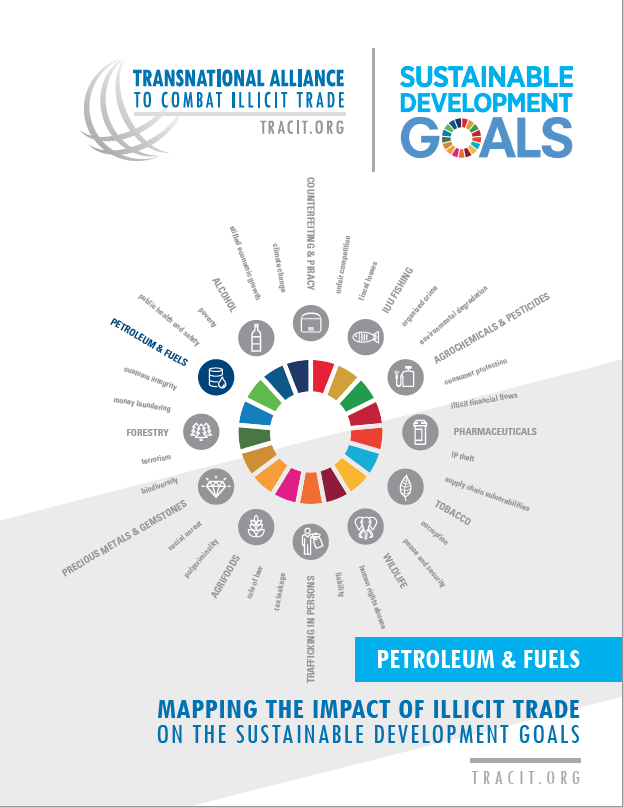Illicit Trade in Petroleum

Illicit trade in petroleum is a multi-billion dollar industry present across the world. Global Financial Integrity estimates that theft of state- or privately-owned crude oil is worth at least US$ 5.2 billion to US$ 11.9 billion annually. This represents the theft of approximately 99 million to 227 million barrels of oil each year from pipelines, facilities, tankers, and offshore platforms (Global Financial Integrity, 2017). However, those estimates only include data from six countries (Colombia, Indonesia, Mexico, Syria, Russia, and Nigeria). The African Development Bank puts the estimated value of illicit trading in oil in Africa to nearly US$100 billion a year (African Development Bank, 2016).
Improperly taxed and/or contraband petroleum products is also a major concern for companies and governments alike. For example, international oil companies operating in Bulgaria estimate that between 20% and 40% of oil products sold were illegal. Furthermore, estimates based on the differences between officially registered sales and the actual consumption of diesel fuel in Bulgaria from 2007 and 2009 shows that between 33% and 39% of the diesel fuel sold in 2007 to 2009 were sold without payment of excise duties and VAT (Center for the Study of Democracy, 2011). In Northern Ireland, the diesel fraud tax gap in 2012-2013 was estimated at £80 mission, or 13% of total revenue from mineral oils (British-Irish Parliamentary Assembly, 2015). The theft of crude oil not only results in lost revenues and increased expenses for repairs and security for the oil companies, but also helps fund terrorist and other criminal activities. Furthermore, the illicit trade in petroleum products results in lost government tax revenues, property damage and poses a serious risk to the environment. Featured report
|
Learn how illicit trade in petroleum and fuels impacts the achievement of the UN Sustainable Development Goals
From smuggling, counterfeiting and tax evasion, to the illegal sale or possession of goods, services, humans and wildlife, illicit trade is compromising the attainment of the UN SDGs in significant ways, crowding out legitimate economic activity, depriving governments of revenues for investment in vital public services, dislocating millions of legitimate jobs and causing irreversible damage to ecosystems and human lives.
The TRACIT report Mapping the Impact of Illicit Trade on the Sustainable Development Goals investigates illicit trade in 12 key sectors that participate significantly in international trade and are most vulnerable to illicit trade. For each sector, the negative impacts of illicit trade are mapped against the 17 UN SDGs. The full report is available here. Read the chapter: SDGs and illicit trade in petroleum and fuels “Fuel smuggling is a reality and deeply embedded in many economies worldwide [...] This is a vicious practice that deprives governments of precious revenues for investment in infrastructure and other public goods.” |




